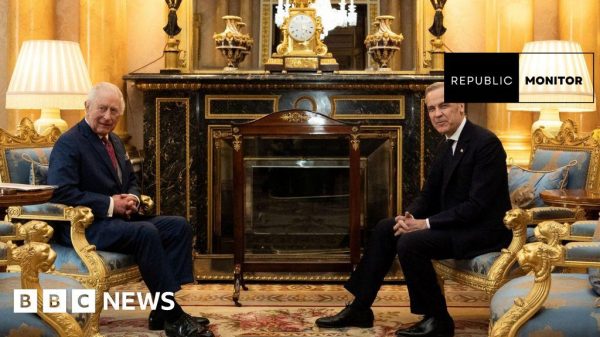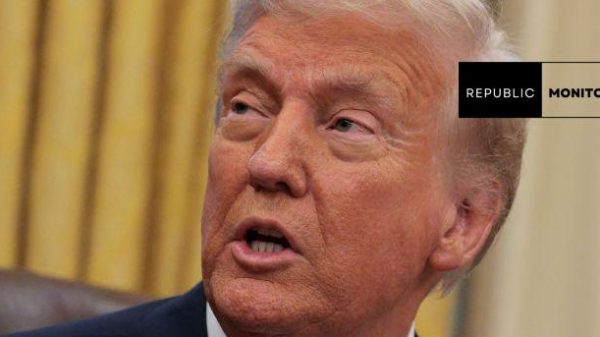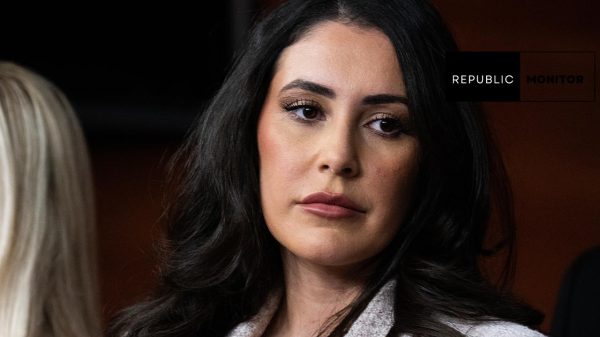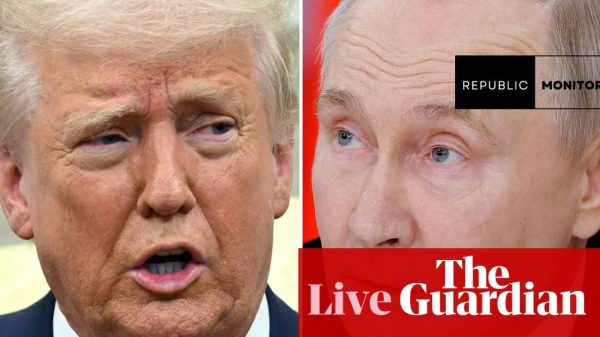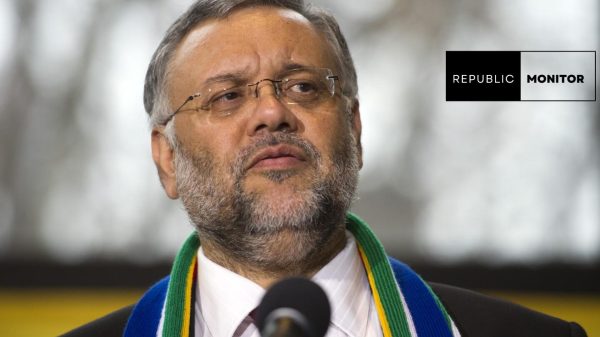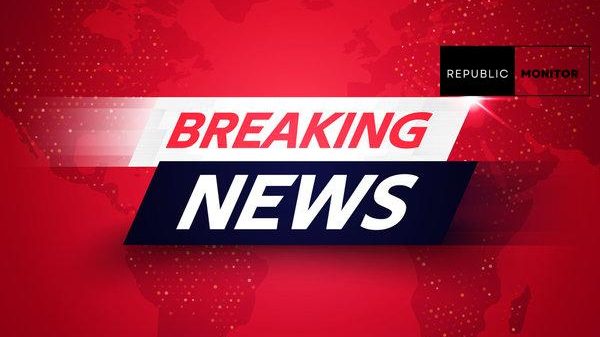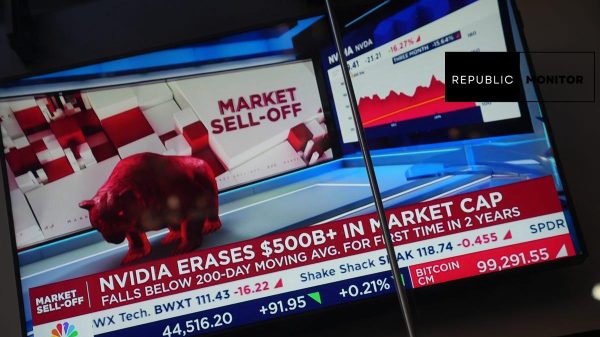The detention of U.S. journalist Evan Gershkovich in Russia has been extended until January 30, 2024, following a closed-door hearing on Tuesday. Gershkovich, a reporter for the Wall Street Journal, was arrested in March on espionage charges while on a reporting assignment in Yekaterinburg.
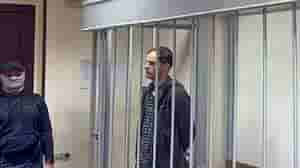
Detention of U.S. Journalist in Russia Extended Amid Espionage Charges
The two-month extension raises concerns about the state of press freedom and diplomatic relations between Russia and the United States. Gershkovich and the Wall Street Journal have vehemently denied the espionage allegations, asserting that he was wrongfully detained.
The U.S. Embassy in Moscow expressed deep concern over the court’s decision to prolong Gershkovich’s pre-trial detention, stating, “We reiterate our call for his immediate release.” The embassy officials attended the closed-door hearing.
The Wall Street Journal, in a statement, emphasized that Gershkovich has been “unjustly imprisoned for nearly 250 days” and called for his immediate release. The newspaper condemned the accusations as “categorically false” and described his continued detention as a blatant attack on a free press, which is deemed critical for a free society.
Throughout Gershkovich’s detention, Russia has not presented any public evidence to substantiate the espionage charges, raising questions about the legitimacy of the allegations. The case underscores broader concerns about the treatment of journalists and the freedom of the press within Russia.
The extension of Gershkovich’s detention adds strain to diplomatic relations between the United States and Russia, which have faced numerous challenges in recent years. The ongoing tensions surrounding this case highlight the delicate balance between journalistic activities and national security concerns.
As international observers closely monitor developments in Gershkovich’s case, the broader implications for press freedom and diplomatic engagements between the U.S. and Russia remain in focus. The lack of transparency in the legal proceedings and the absence of concrete evidence to support the charges further fuel concerns about the treatment of journalists in Russia.
In conclusion, the extension of Evan Gershkovich’s detention in Russia continues to raise alarms about the state of press freedom and the protection of journalists. The international community, including diplomatic channels, continues to call for his release, emphasizing the importance of upholding the principles of a free press and protecting journalists engaged in their professional duties.

